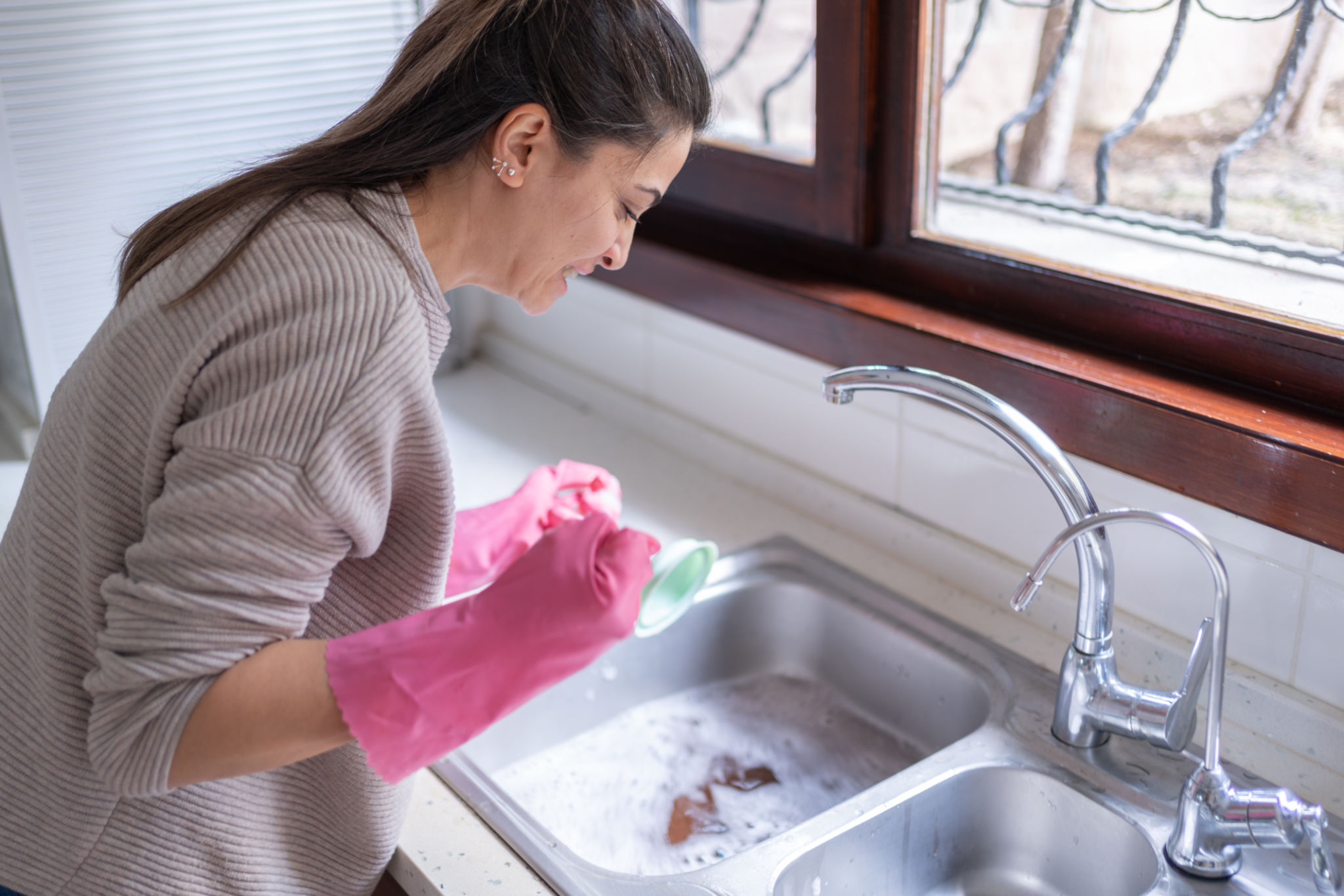The Ultimate Guide to Solving Clogged Drains in CT Homes
Understanding the Causes of Clogged Drains
A clogged drain can be a homeowner's nightmare, often leading to unpleasant odors and potential water damage. Understanding the root cause of the clog is the first step towards finding an effective solution. Common culprits include hair, soap scum, grease, and food particles. In some cases, tree roots or aging pipes may also contribute to the problem.
Identifying the specific cause of the blockage can help determine the best method for clearing it. For instance, if hair is frequently causing clogs in your bathroom drains, you might consider installing a drain cover to catch hair before it goes down the pipes.

DIY Solutions for Minor Clogs
Before calling a plumber, there are several do-it-yourself methods you can try to clear a clogged drain. One of the simplest solutions is to use a plunger. This tool can effectively dislodge minor blockages by creating suction and pressure.
Another popular DIY technique involves using household items like baking soda and vinegar. Pour a cup of baking soda followed by a cup of vinegar down the drain. Let it sit for about 15 minutes, then flush with hot water. This chemical reaction can help break down minor clogs without damaging your pipes.

The Power of Enzymatic Cleaners
Enzymatic cleaners are an eco-friendly option for maintaining clear drains. These products use natural enzymes to break down organic materials like food particles and grease. Regular use can help prevent future clogs and keep your drains flowing smoothly.
When to Call a Professional
For persistent or severe clogs, it's best to call a professional plumber. Attempting to fix a major blockage on your own could lead to further damage or even a burst pipe. Professionals have the tools and expertise needed to tackle tough clogs safely and efficiently.
In Connecticut, where older homes may have outdated plumbing systems, professional assistance is often necessary. A plumber can assess your system, identify any underlying issues, and recommend appropriate long-term solutions.

Preventive Measures to Keep Drains Clear
Prevention is key to avoiding clogged drains. Regular maintenance, such as cleaning sink stoppers and removing hair from shower drains, can go a long way in keeping your plumbing system healthy. Avoid pouring grease or coffee grounds down the sink, as these substances can quickly lead to blockages.
Investing in Quality Plumbing Fixtures
Upgrading to quality plumbing fixtures can also help prevent clogs. Modern faucets and showerheads are designed to minimize buildup and facilitate better water flow. Additionally, consider installing a garbage disposal unit to manage food waste more effectively.
By taking proactive steps and addressing issues promptly, you can keep your home's plumbing system in top shape and avoid the hassle of clogged drains.
